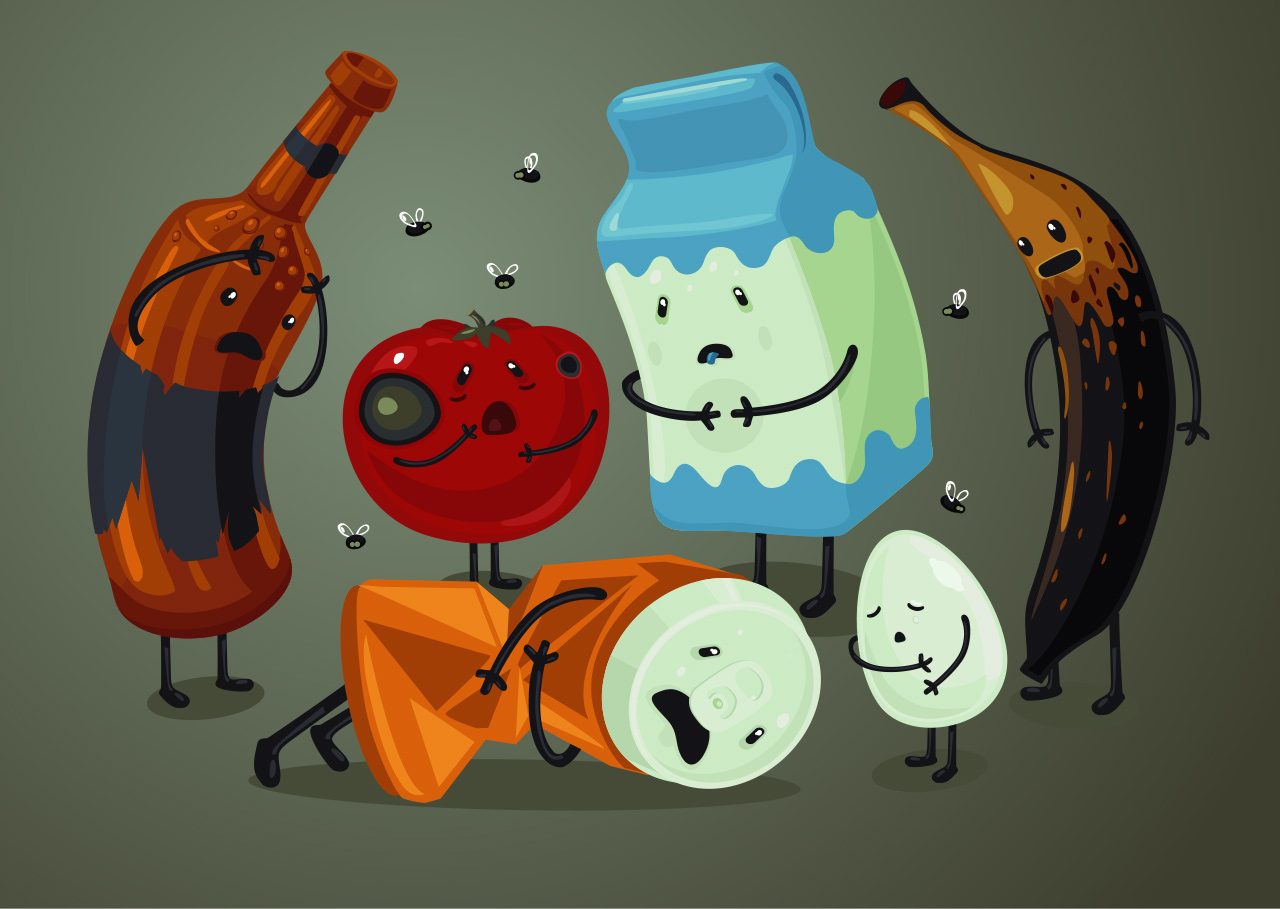
Published on Show Me Mizzou August 19, 2021
Step foot on a landfill, and you’ll probably squish some food, which accounts for nearly one-quarter of all solid waste, according to the Environmental Protection Agency. Much of it got tossed there because of confusing (and unregulated) food date labels. Londa Nwadike, an extension associate professor at Mizzou and Kansas State University, keeps wholesome food from ending up as garbage by educating consumers about what dates on food labels actually mean.
“The sell-by date is not a safety warning — it’s merely a recommendation to the store, not the consumer,” Nwadike says. “The best-by or use-by dates are also recommendations from the food producer, referring to peak quality, not necessarily safety.” The exceptions are infant formula and baby foods, whose use-by dates ensure that their nutritional values aren’t compromised.
As for everything else, the date labels should be taken with a large grain of salt. Foods that reach their use-by or sell-by dates probably are still good to eat. But, as with all foods, consumers should check them for signs of spoilage, such as off odors, odd tastes and changes in texture or color. “If in doubt, throw it out,” Nwadike says. “Or better yet, compost it and do your part to reduce waste.”
To read more articles like this, become a Mizzou Alumni Association member and receive MIZZOU magazine in your mailbox. Click here to join.



